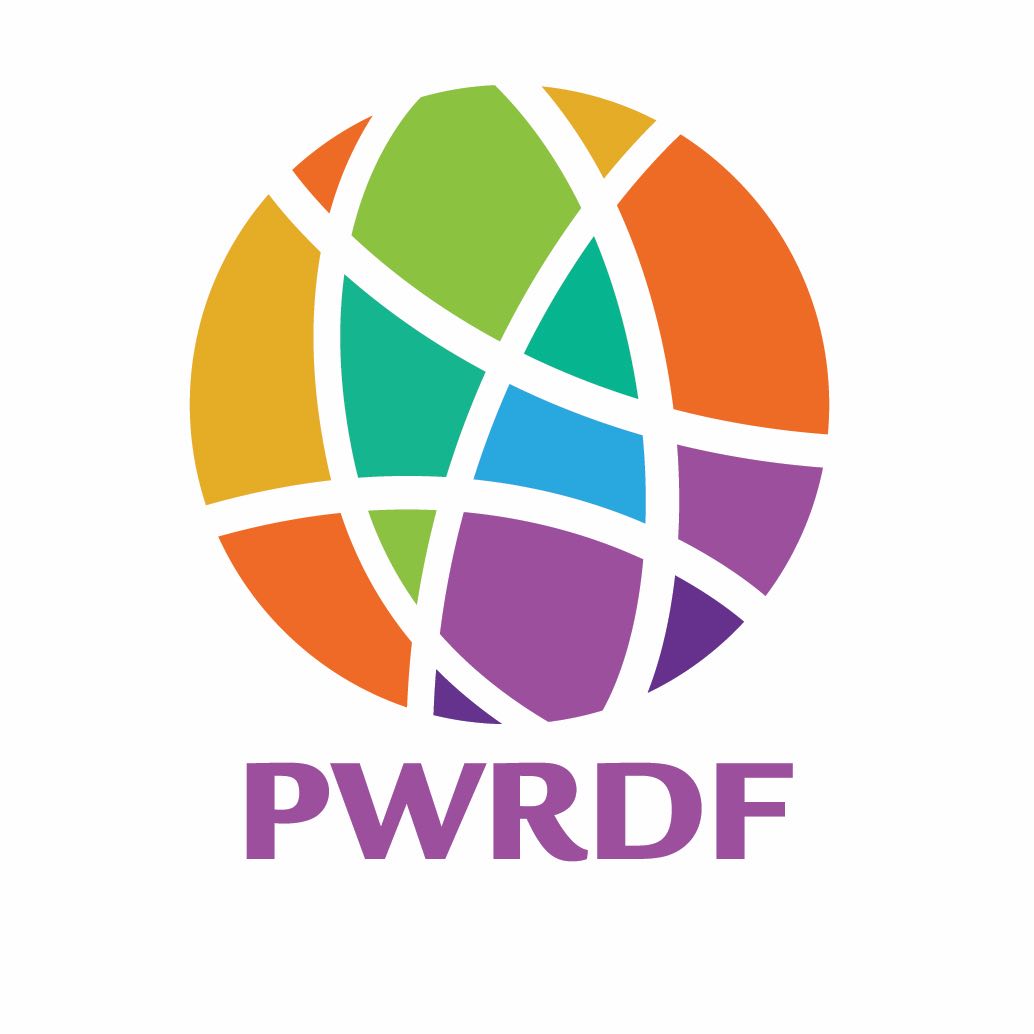Whether it is environmental activists like 95-year-old Sir David Attenborough and 18-year-old Greta Thunberg, or politicians speaking at COP26 in Glasgow, the message is clear. The time for talk is over. The time for action is now if we want to make our earth a hospitable home for all.
As Anglicans, one of our marks of mission is “to strive to safeguard the integrity of creation and sustain and renew the life of the earth.” Many current PWRDF projects are doing just that. They are not just talking, but are attempting to sustain and renew the planet and its peoples right now.
Knowing that one in nine people in the world goes to bed hungry, many PWRDF projects seek to provide food security for those whose ability to feed their families has been disrupted by war or significant climate changes such as reduced rainfall, destructive floods, and deforestation. PWRDF addresses these concerns by working together with people to preserve their habitat, to gain access to clean water, and to practice agriculture in an environmentally sustainable manner.
Sustaining the Environment
In Bangladesh, PWRDF has provided funds to build four approximately 250-meter long bamboo bindings to reduce the effects of river erosion. As well, 10,000 mangrove saplings have been planted to regenerate the coastal ecosystem and reduce vulnerabilities to cyclones.
Over the years, PWRDF projects have also used solar panels instead of non-renewable sources of light and heat: solar cookers in Kenya and Tanzania (2009), and Solar Suitcases for the “Light for Every Birth” project in Mozambique (2016, 2021).
Gaining Access to Water
In the Diocese of Masasi in Tanzania, PWRDF has already helped dig boreholes and repair wells to provide clean water for some 98,000 people, but it plans to help thousands more with another 13 boreholes. Digging easily accessible boreholes—1 km or less from their homes—often ensures that young girls can carry water safely and continue their formal education.
Teaching Environmentally Sustainable Food Production
PWRDF has also helped 20,566 small farmers in Tanzania learn conservation agriculture. The farmers received a substantial number of seeds (maize, groundnuts, green peas, tomato, cabbage, okra, pawpaw, etc.) and dairy cows, milking goats, chickens, and other small livestock. These initiatives improved food security and nutrition, but also provided a means of income through selling milk, meat or eggs. This allowed families to pay for school tuition or add solar panels to their home.
A small goat, in particular, can make a big difference. It provides fresh, nutritious milk daily, which helps boost the body’s immune system, particularly for those suffering from HIV/AIDS. It also substitutes ably for a lawn mower and provides manure for gardens.
Supporting PWRDF’s World of Gifts
These and many other PWRDF projects demonstrate that addressing climate change is inextricably embedded in PWRDF’s work. To help plant trees in Uganda, assist women farmers in Haiti, train radio journalists in Colombia to promote protection of fresh water, or buy a friend who has everything a goat in Cuba, Zimbabwe, or Malawi, see PWRDF’s World of Gifts.
See also: pwrdf.org/our-work-impact/food-security-climate-change-mitigation/




